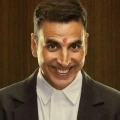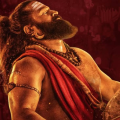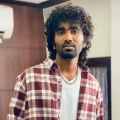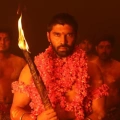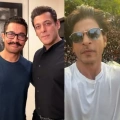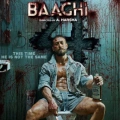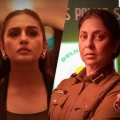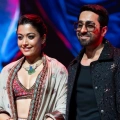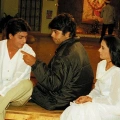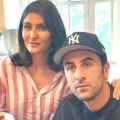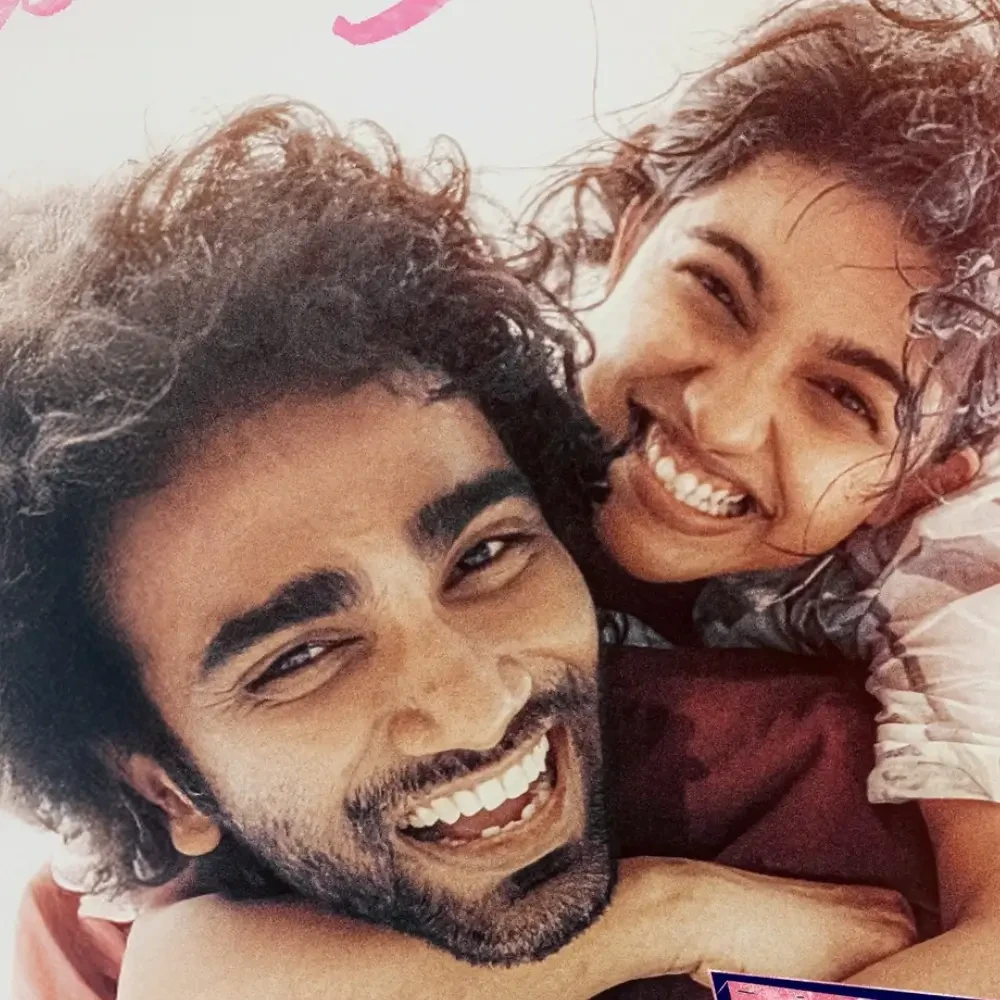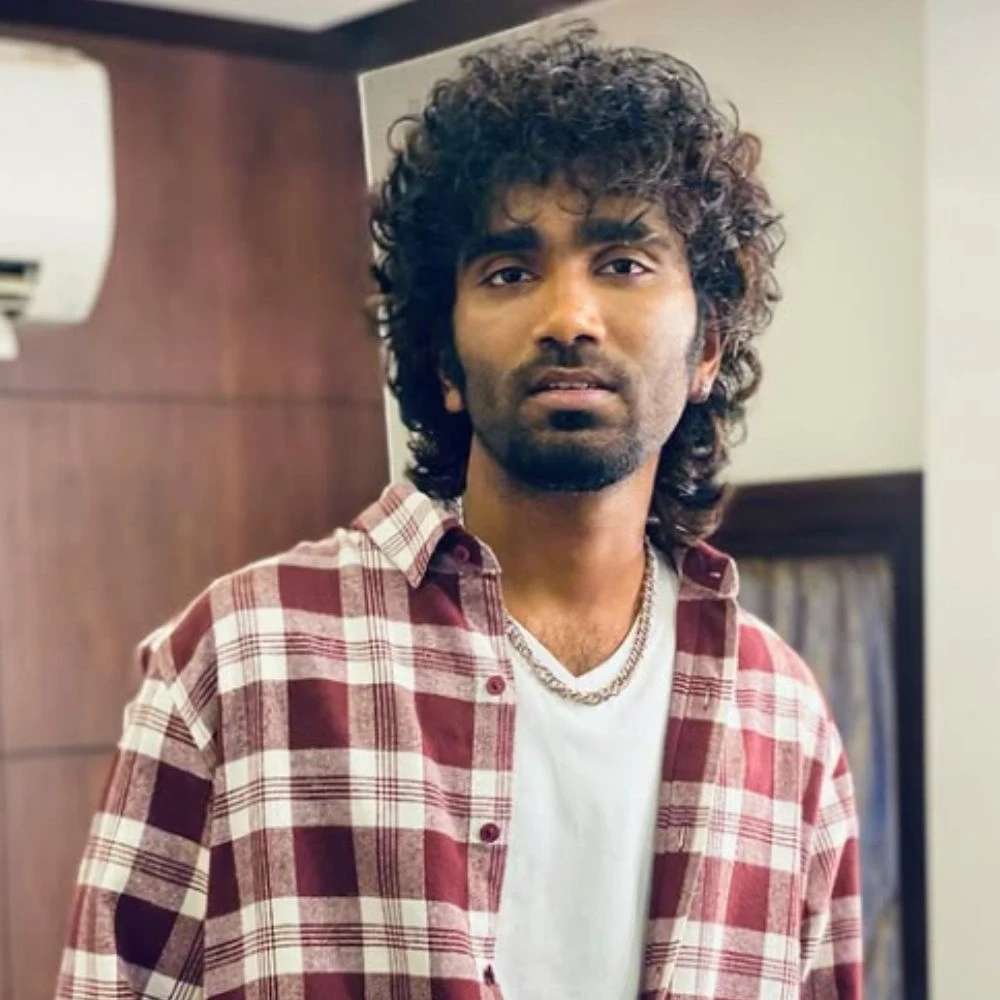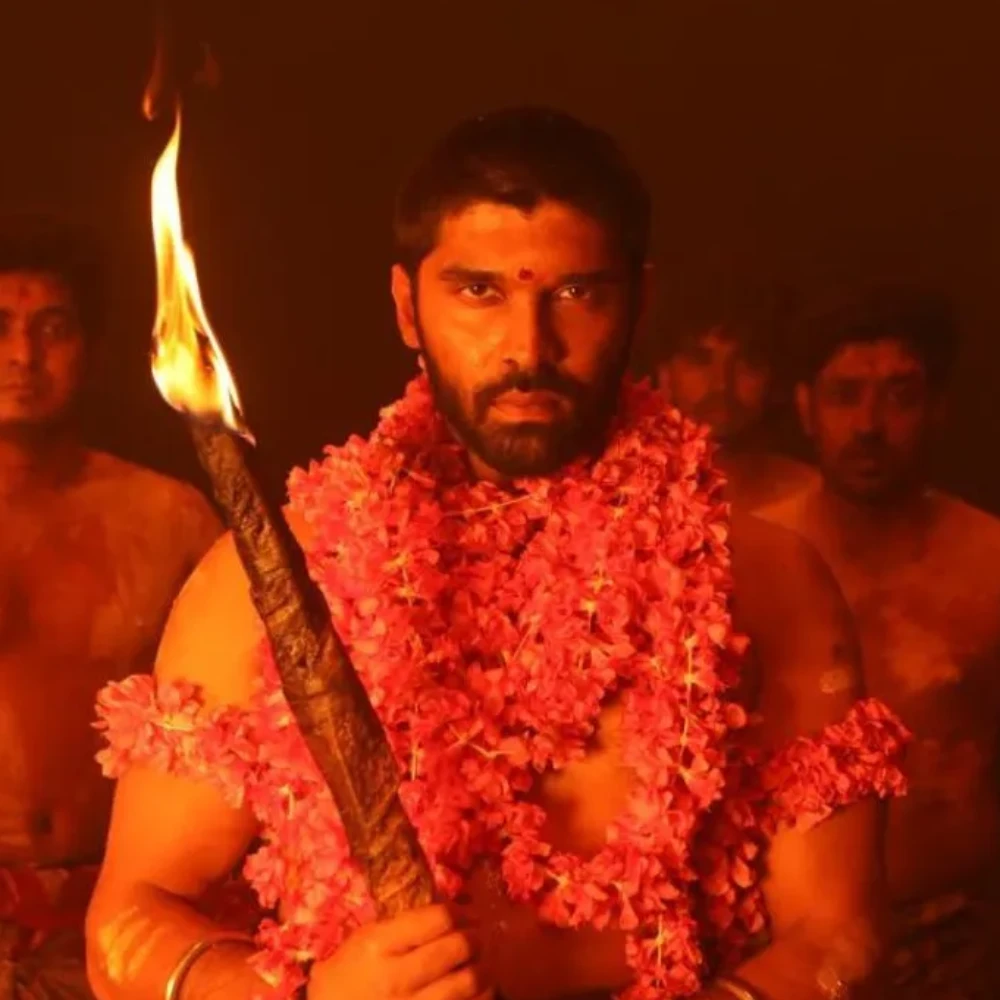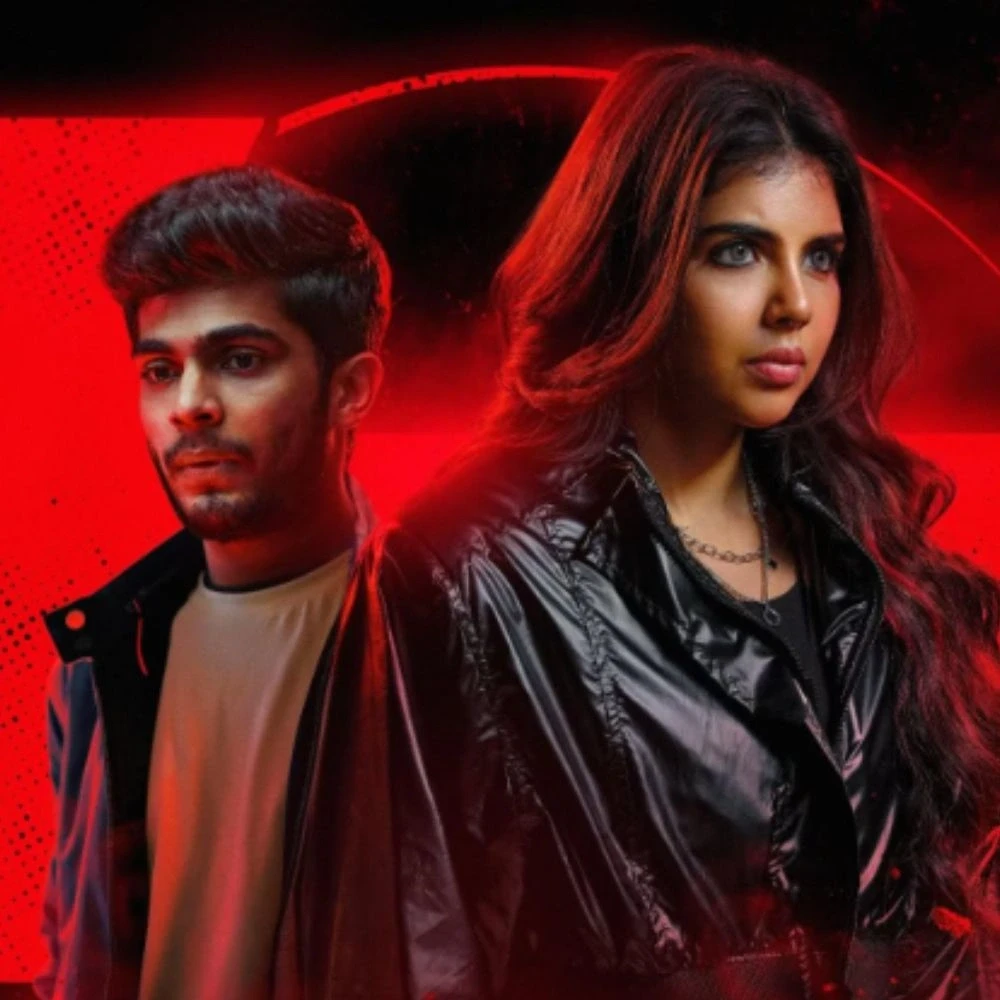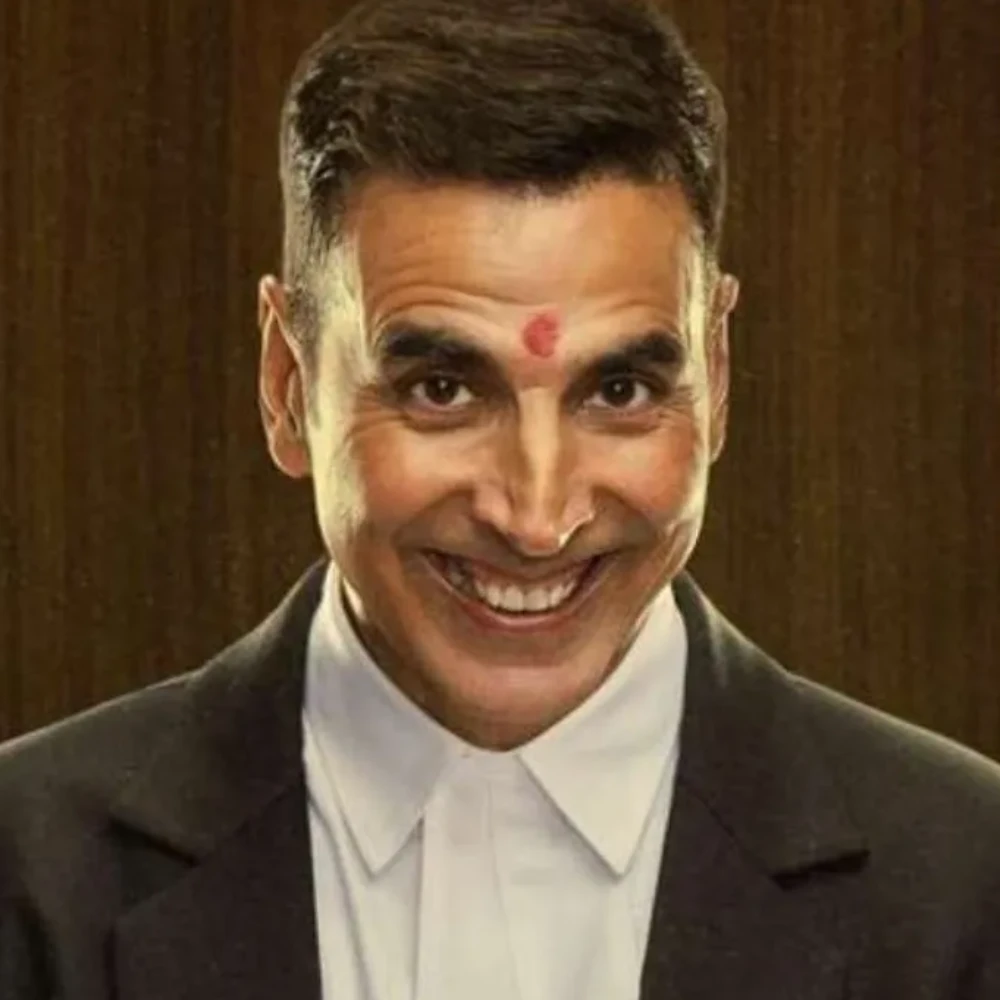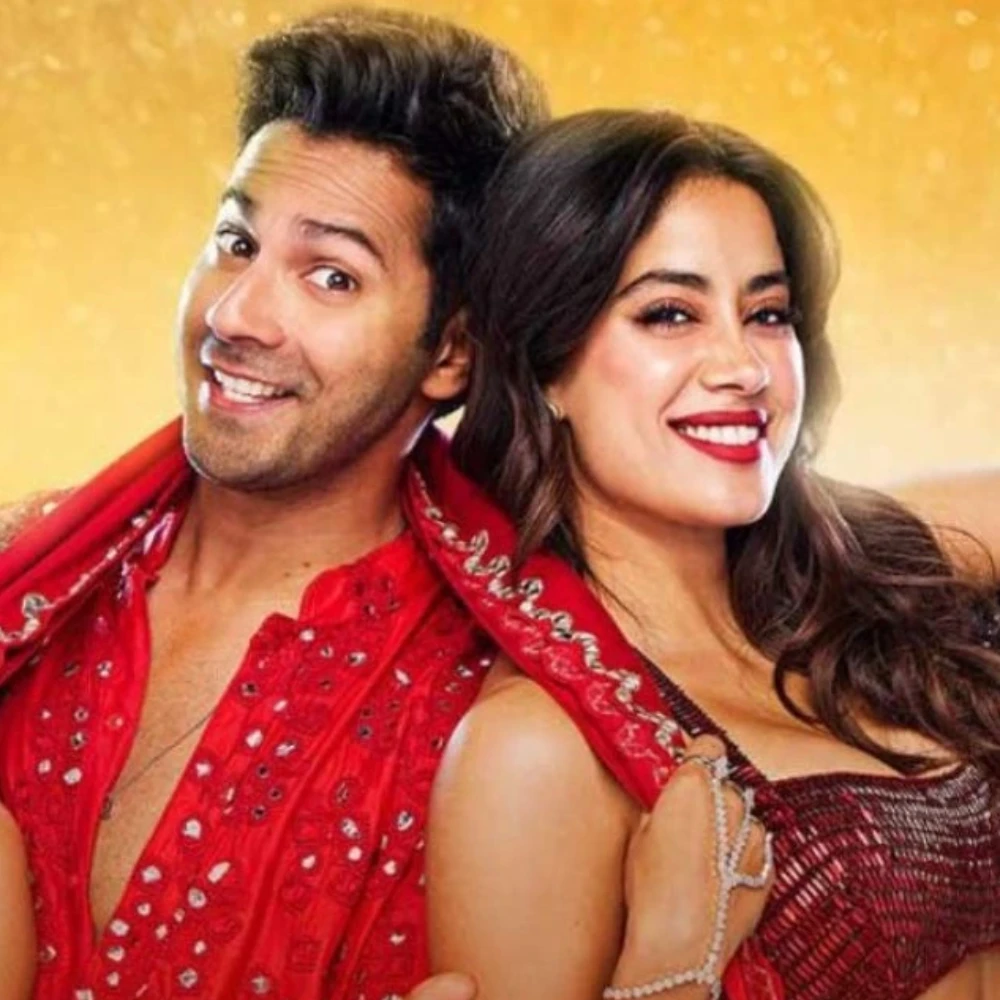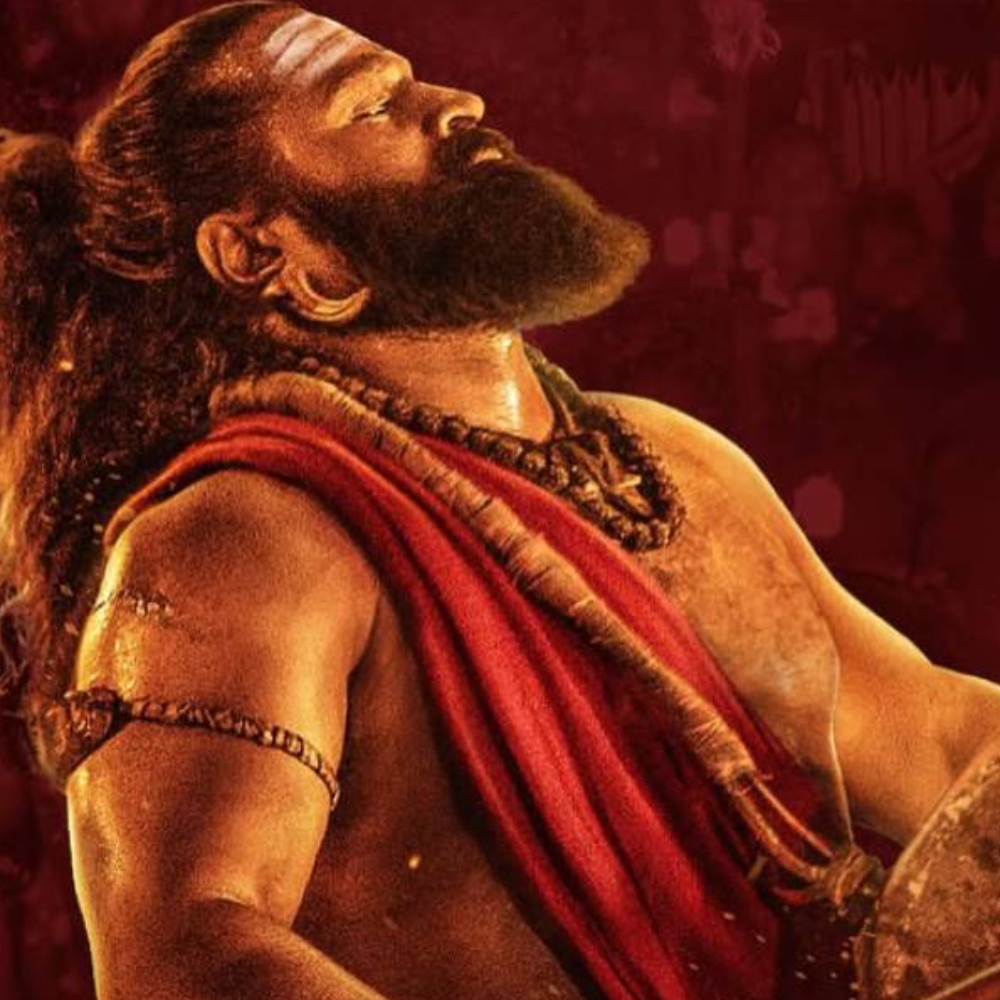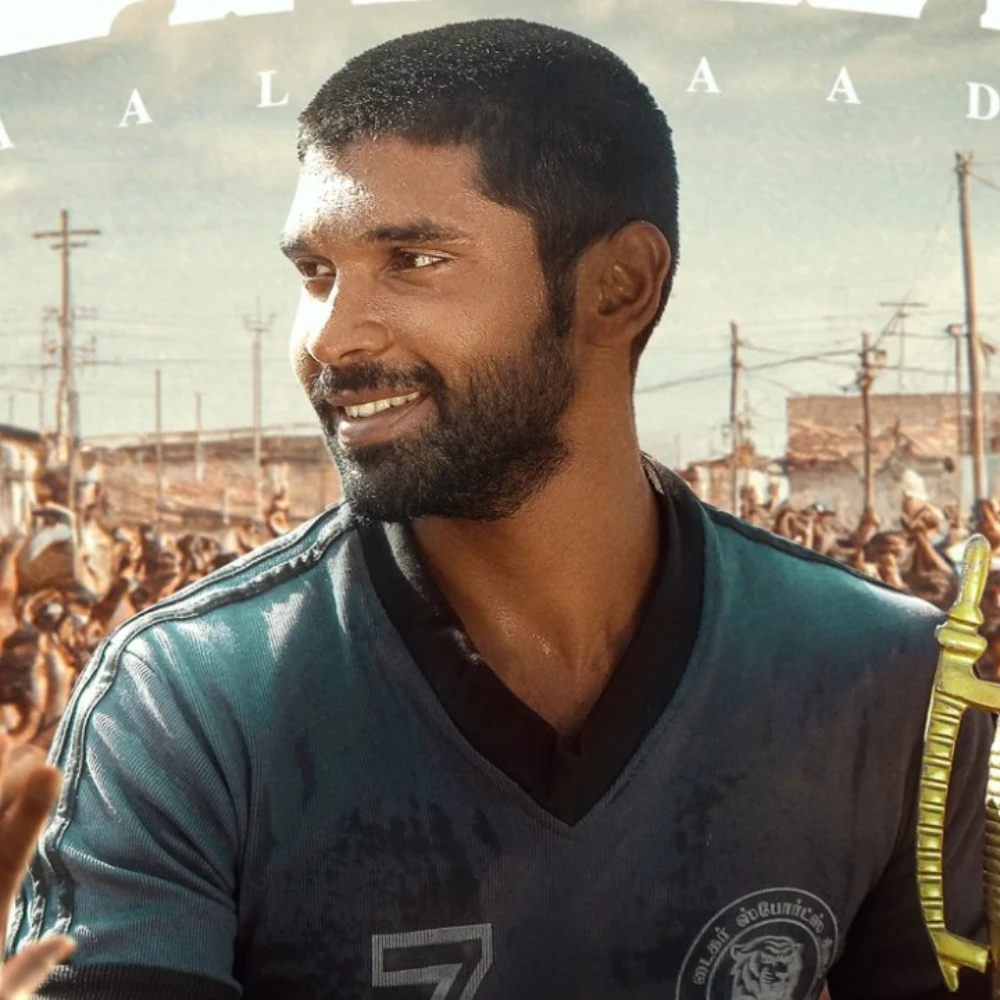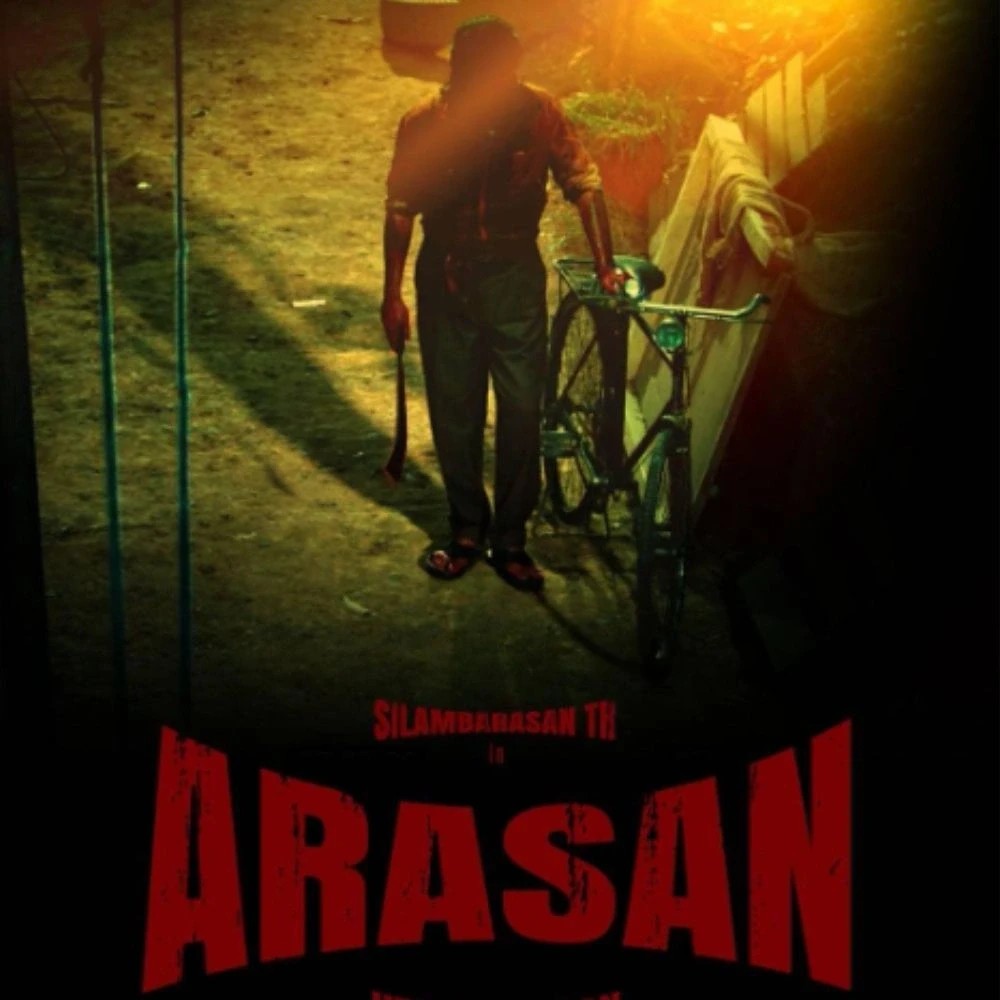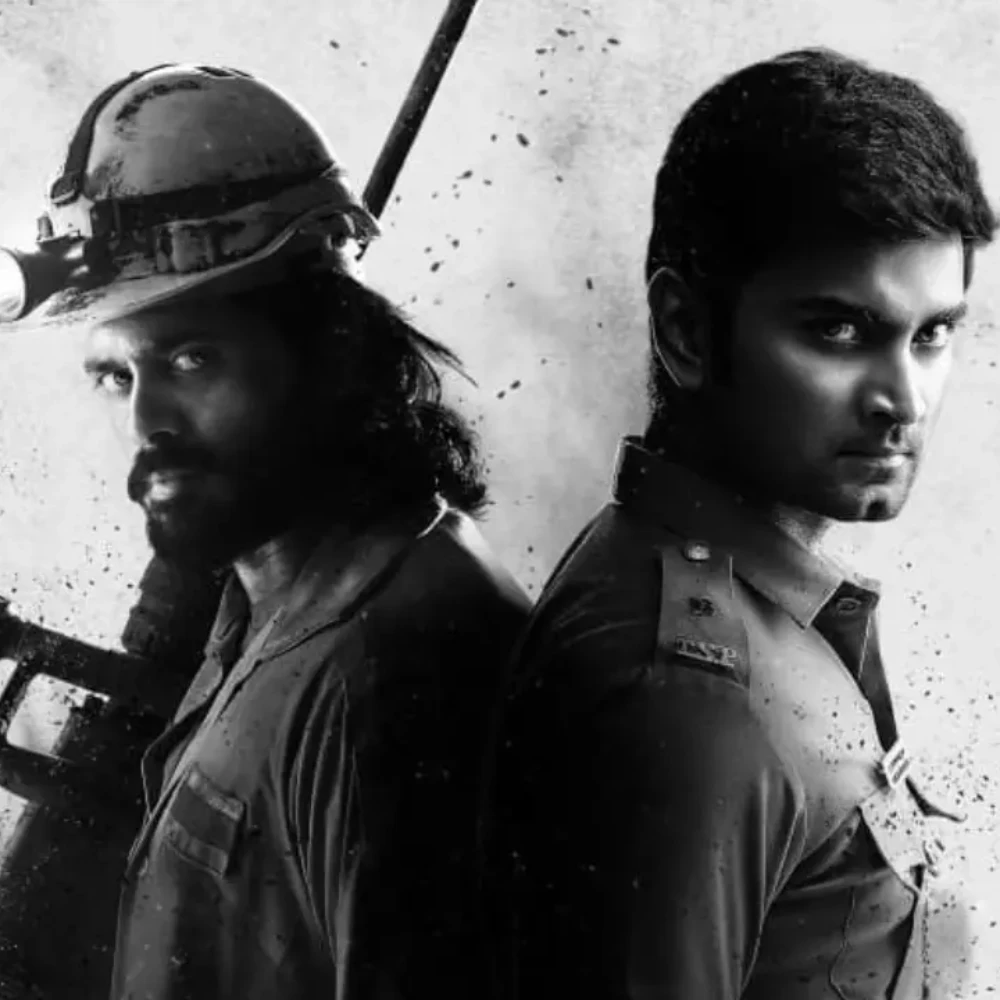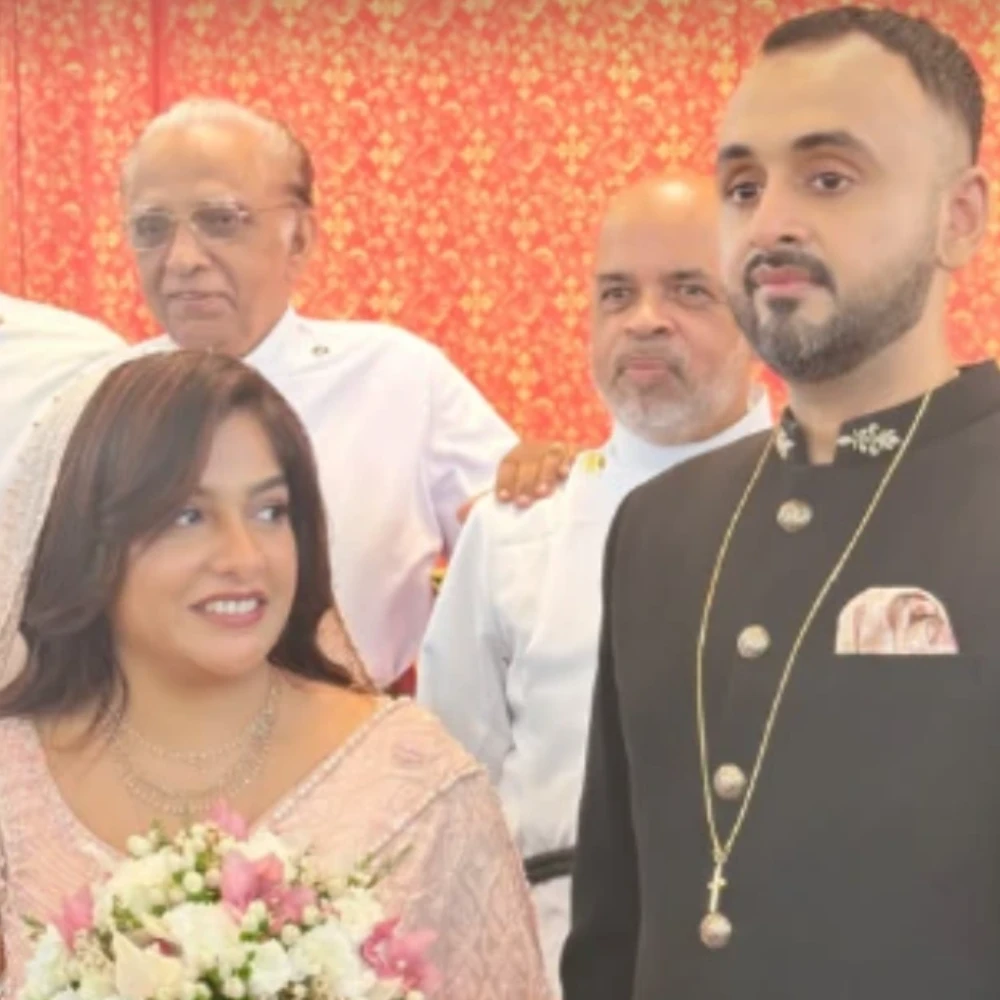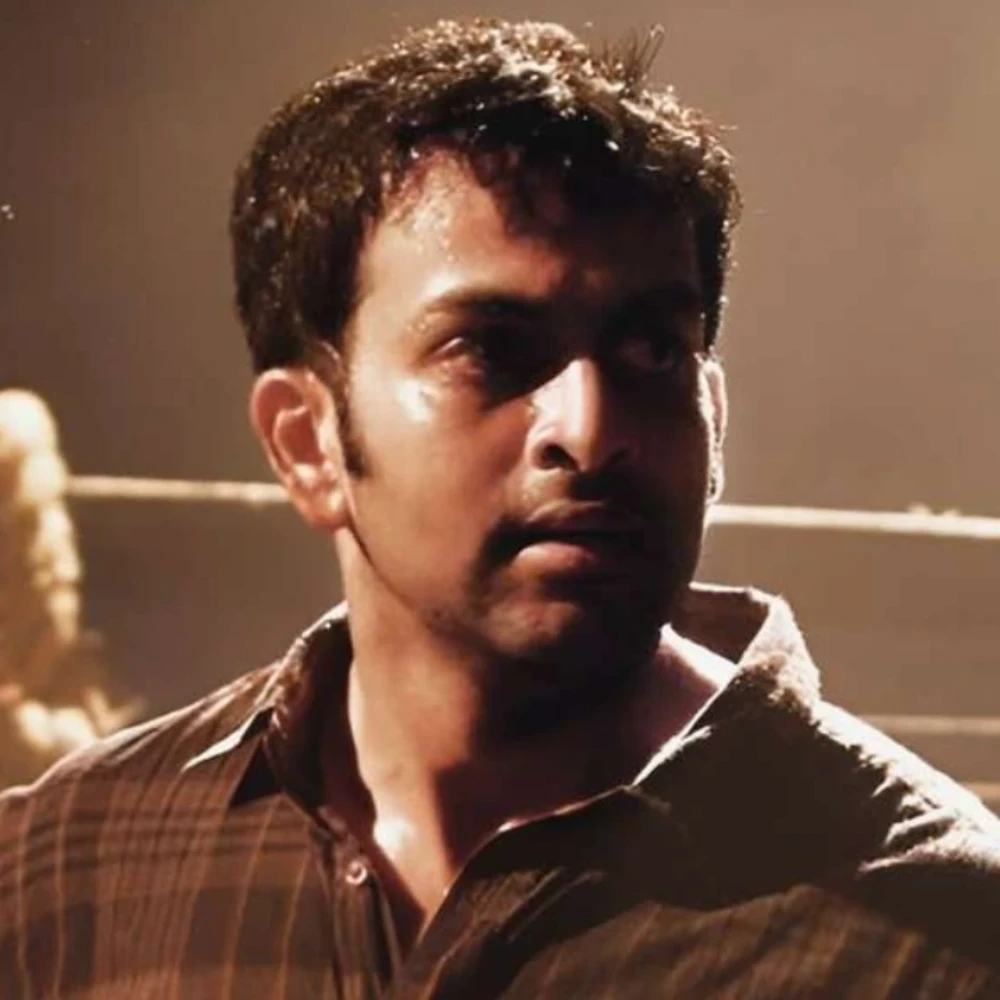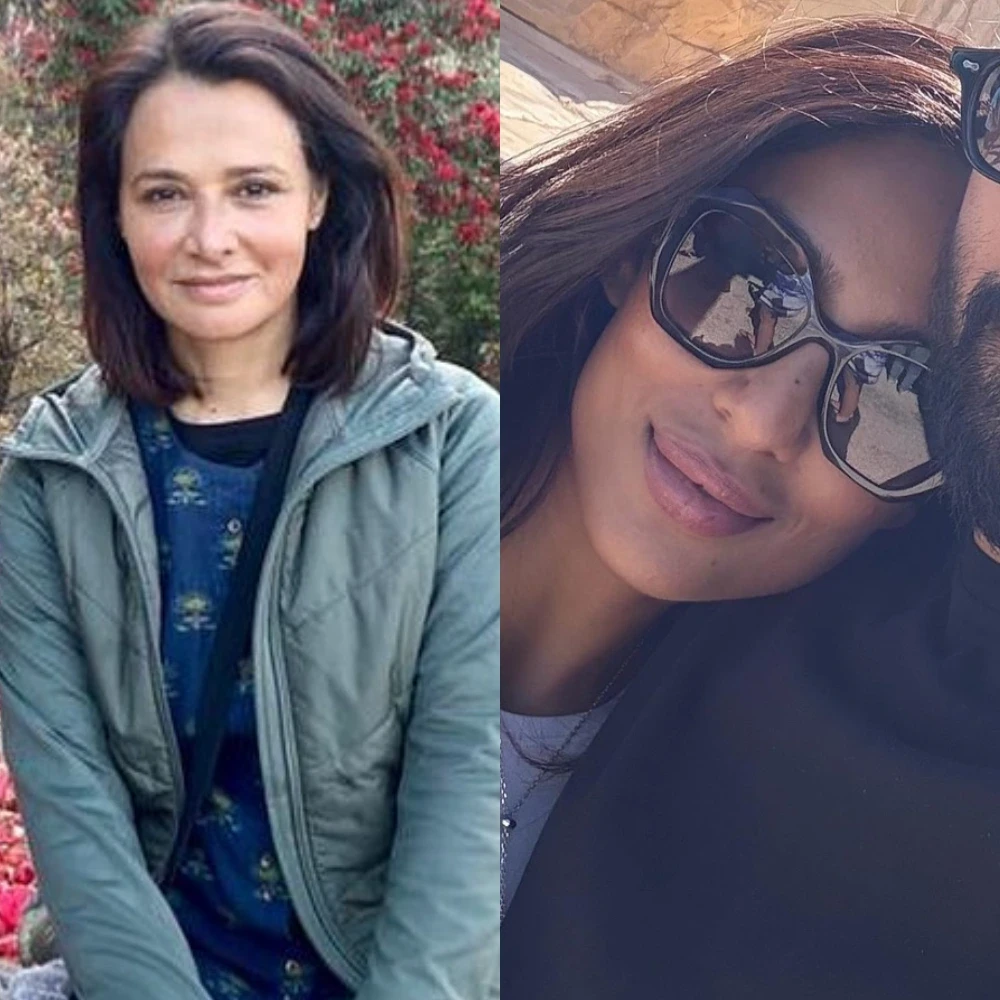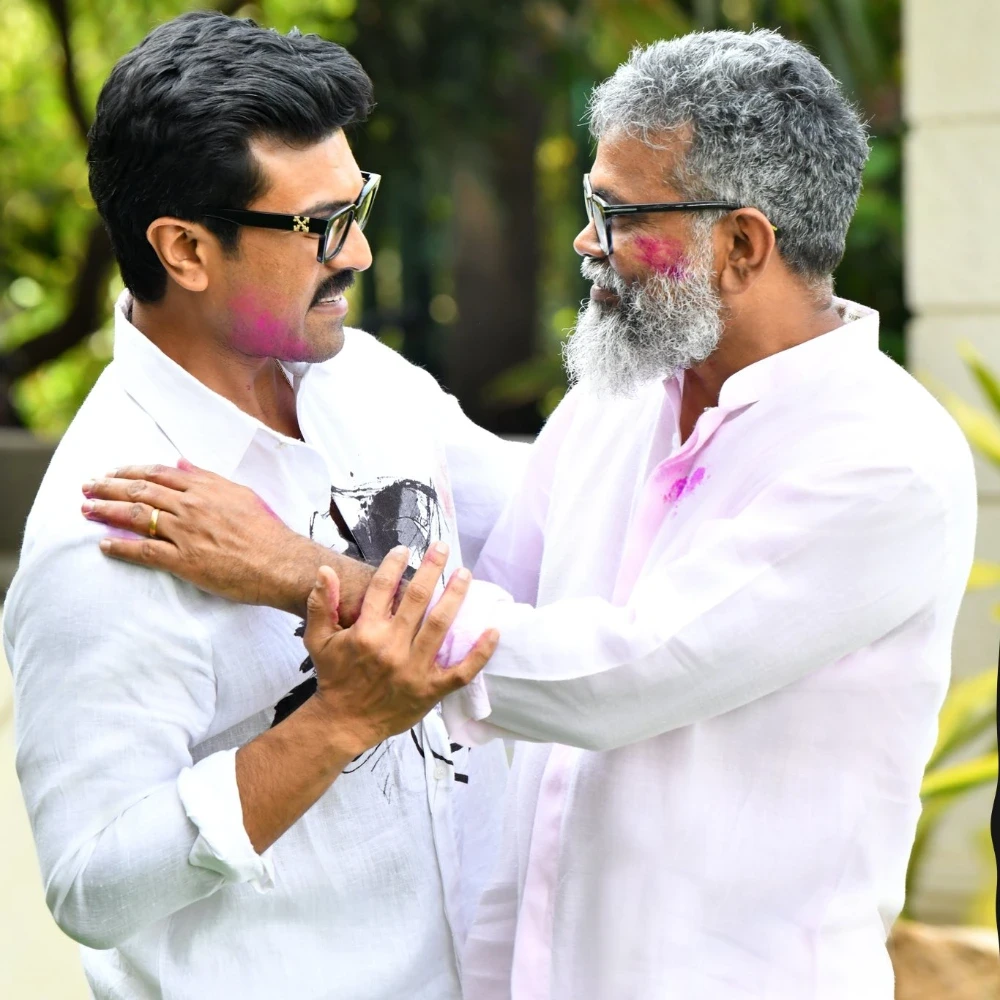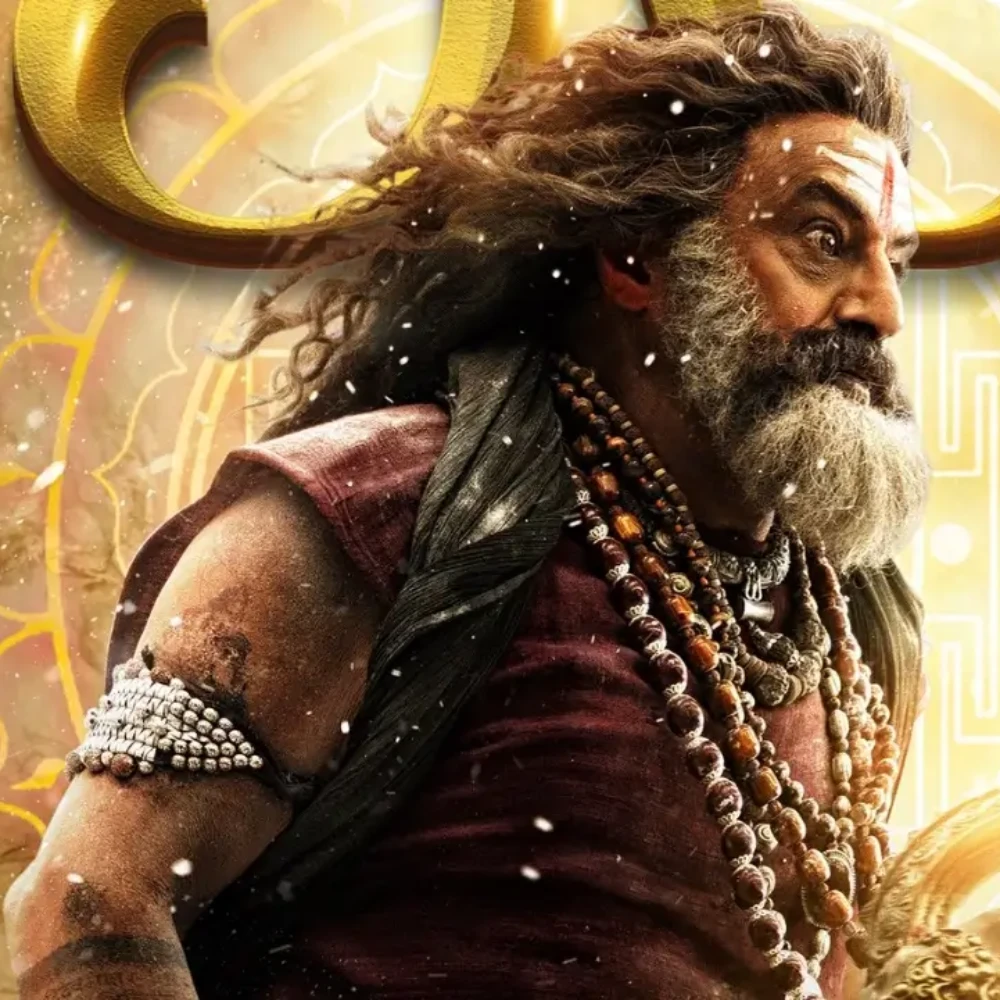Ashok Selvan Interview: Success means good sleep and contentment in thinking that you made the right choice
In an exclusive chat with Pinkvilla, Ashok Selvan spoke about Por Thozhil, the tag of a bankable star, and his favorite actors, Kamal Haasan and Revathi.
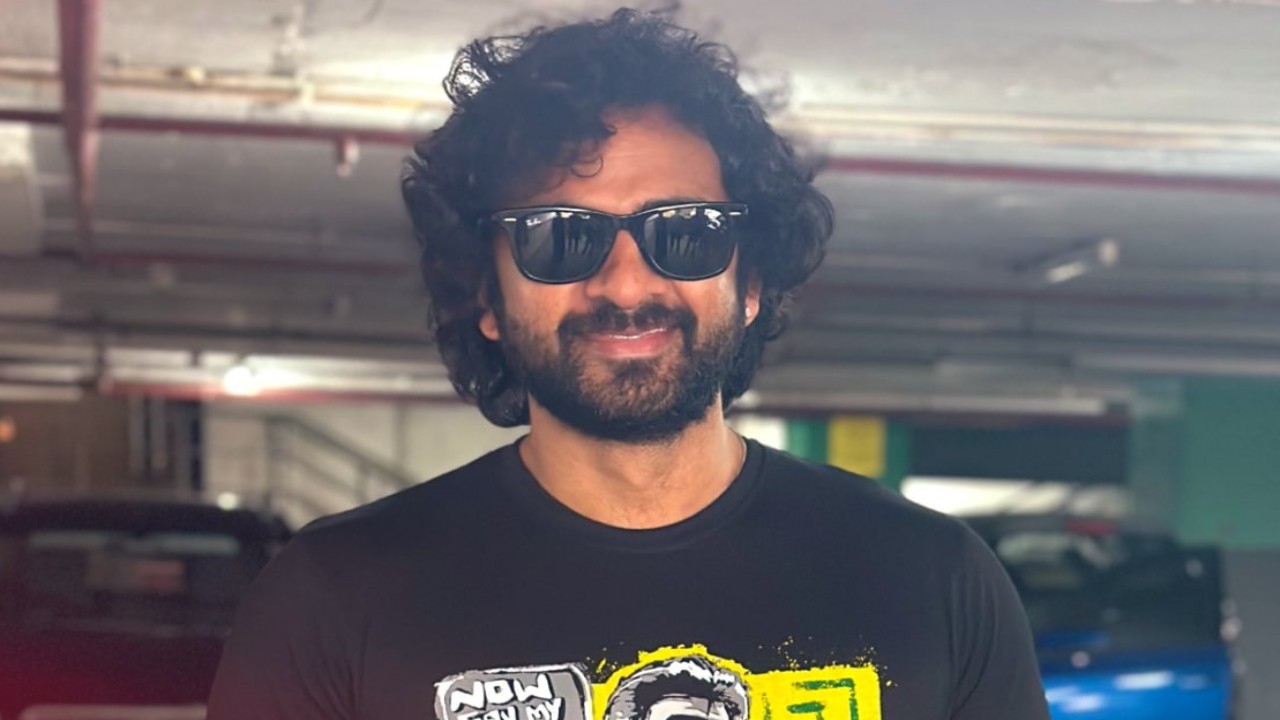
Ashok Selvan has had a rather interesting career. Throughout his decade-long acting career, Ashok has stayed away from being put into a box or getting labeled, which is a huge achievement, especially for a mainstream Tamil actor. He has managed to carve a special place for himself among Tamil cinema’s ocean of stars. In an exclusive chat with Pinkvilla, the actor did not hold back when talking about his take on success and the tag of a bankable star. He also shared about his favorite directors and favorite actors, Revathi and Kamal Haasan.
You had said that there were a few people who expressed doubts about you doing Por Thozhil because a lot of jokes were made on your character. So, usually, when you make the decision to do a film, is it entirely your own or do you consult with the people around you?
If I am 100% sold on the idea, I don't consult with anybody, which is the case most of the time. But sometimes I do ask for some guidance from people I trust. At the end of the day, that decision is still mine. Sometimes I listen to them because I want to know what they think. One of the things they said to me when I told them Por Thozhil’s storyline and how my character and Sarath sir’s character are, is that you don't have to do a multi-starrer or a dual hero film now. So people like to say a lot of things, but I did not listen to them because I was quite sure the script would turn into a good film.
You have stated that your favorite actors are Revathi and Kamal Haasan. Is there any quality of theirs that you would want to replicate or imbibe in your career?
There is so much to learn from all the seniors. Kamal sir is one of the finest actors, not only in Tamil cinema but in India and even the world. There is so much to learn from him every day. From him, I think I would like to imbibe the characteristic of pursuing art in a very unhinged, ambitious way. When you look at his career, he has always tried to do something that nobody else has done. He does not even consider the outcome of the effort. He keeps trying to do something different. I am very inspired by his relentless pursuit of excellence. With Revathi ma'am, I like how she brings out a certain type of charisma in all the roles she does; it's very effortless. As an actor, I can understand that to make it effortless, it requires a lot of effort. So, that quality of hers inspires me.
Your co-actor, Nikhila Vimal, said that Vignesh Raja had narrated the Por Thozhil script to her with background music. Was your narration equally interesting?
My narration was a script given to me along with the pilot the director shot because the director and I go way back. We've known each other since college. There was no need for him to play music during the narration. He just gave me the script and told me to just read it and tell him what I thought. So, that's all that happened. I read it. I saw what he had shot at that time as a pilot film, and I really liked it.
Do you usually prefer to read the script over getting a narration?
It happens both ways. But now, I prefer to read because sometimes when they narrate, it's quite frustrating because some people have the knack of narrating a story and some people don't. It's not necessary that all great narrators make good films, and it's not necessary the other way around as well. So, I'm now preferring to read to understand the totality in a better way.
You said that an actor learns a lot while working with a legend by just observing them. So, what is it that you observed or learned from Sarathkumar?
The sincerity with which he approaches the craft is very inspiring. He's done 150 films, and he's been here for the last 40 years. But the way he approached Por Thozhil, or his character, was very sincere. He was very prepared, and that was very inspiring. I somehow thought that when I become 60 or 65 years old, I'll just chill on the set, but looking at him work so much for the role, I thought I should be like this when I become 70. It is inspiring how he handles various facets of life, like how he multi-tasks because he has a political party, a production house, and he's also acting. The way he handles life is very inspiring.
When you are offered a script, do you make the choice primarily based on how your fans are going to react to it?
No, I don't think of those things. I only think about whether this film’s ticket will be worth buying for an average audience because I really value the 200 rupees they're going to spend on me. More than the money, I value the time. So, I don't really look into fans or well-wishers. I just want everyone who comes to the theater and watches my film to be entertained. I want to make their time worthwhile. More than that, I want to see if it pushes my creativity or my limits, because that's how you grow as an artist. So, these two factors matter more than the other factors.
How important is the tag of a bankable star to you?
It's very important because it determines the following projects of yours. I want to make some ambitious projects, so the box office numbers do come into consideration. But having said that, as an artist, you can't commit yourself to just box office numbers. You need to push your limits creatively, too. That's what will keep it going and not burn you out. So, it's kind of a balancing act you need to do. Films doing commercially well really matter because this trade is somehow based on the hero's market. If you take the West, it's not like that. But here, that's how they plan a film's budget—on who's acting and how much should be spent. Everything comes into place based on the hero's market. That's how it's designed here. For me to do more ambitious projects, the films have to run. So, it matters a lot, as that is the sweet spot. Where your film runs and the people love it and the critics love it, that's the sweet spot. I kind of aim for that in all the films, but some work and some don't, but that's the aim.
How do you react when a film is good but, regardless of that, fails at the box office? How do you cope with that?
It's quite heartbreaking, to be honest. That is what happened with my film, Nitham Oru Vaana. A lot of hard work and sincerity went into it. But it kind of didn't work in theaters, even though it worked brilliantly in the OTT space. So, it was heartbreaking, but when it did well in the OTT space, it gave me more hope that when you do your work sincerely, it will never go to waste; it will come back to you. Maybe not now, but a little later. That's the lesson I got from that. Sometimes, even while filming, you know that the film will not be up to par. You can feel the energy that is not adding up. But for certain films, while shooting, you're so excited because it adds up and the energy is so good. There's so much you expect the film to do. You expect the film to touch people's hearts and make the numbers. When it doesn't, it's quite heartbreaking. But I've gotten better with time at understanding that this is how this line of business operates. It is not necessary that the films you like will do the numbers, and vice versa. But it still hurts when a film does not do well.
Por Thozhil’s director, Vignesh Raja, said that shooting for a thriller film is especially challenging for the actors because of the night shoots, etc. As an actor who has done films in a variety of genres, what is your take on that?
I wouldn't necessarily think like that. Even thrillers could be made in broad daylight. I wouldn't necessarily say that because of the genre, it's difficult for the actors. But continuous night shoots are definitely a little tiring. You shoot from 6 pm to 6 am, and then you try to sleep in the morning, which is very difficult. Then you have to come again in the evening. It's a little difficult to do that when you're shooting continuously at night for 36 days. What kept us going, at least for Por Thozhil, was the fact that we kind of knew that we were making something special.
While working on Por Thozhil, did you have an intuition that the film was going to do well?
Intuition is something you subconsciously feel. It is like hearing; you can't close your ears. So, intuition gets formed while doing certain things. Even while shooting for Por Thozhil, I felt that this film was going to be special.
You said that doing a solo hero film in Tamil is a huge responsibility. So, when you do a multi-starrer like Por Thozhil or a film in another language, like the antagonist’s role in Marakkar, is it more liberating?
Absolutely, without a doubt, because you're only concentrating on your role and how you're going to play it. The result of the film doesn't matter or doesn't run on your shoulders. It is running on Mohanlal sir’s and Priyadarshan sir’s shoulders. It was very relaxing for me. Likewise, when you're the lead actor, the responsibility is on your shoulders. But the glory as well, right? So, with more responsibility comes more glory. Everything has its pros and cons. Only when shooting for Marakkar did I realize the liberty I had. I had a relaxed mindset while shooting because I did not really look into how the film was going to go. I knew that these two pillars were there, and they'd take care of it. But there is a certain type of thrill and pressure that's being put on the lead actor when a film releases because your life is going to change the moment a film releases. So, it's quite thrilling as well. As an adventure junkie, I kind of like it.
Actors usually say that they would not act in a remake of their film when it's made in another language because they have already experienced the world. If Por Thozhil is remade in another language, will you be open to being a part of it?
It depends on the team and who's doing it. I definitely wouldn't mind doing it because I might try to do certain things that I didn't do in the original. So, I can change certain things if it's going to be remade in other languages. It'll be quite interesting.
How has the way that you approach success changed from the initial stages of your career to now?
Initially, I used to go out, party, have fun, and shout. I used to really live it up. Success was very new for me at the time, and I think that was the age. Now, success means good sleep and contentment in thinking that you made the right choice. Let's look for the next one.
You said that you're conscious of whether the female characters in your films are well-written or not. Can you speak more on that?
I wouldn't say I'm championing for women's roles to be written or for that cause, but I always make sure that they are written well because for the film to come out well, all the characters should be written well, especially at this age and time. It's about time that we have good characters written for women, and it's important. I'm always surrounded by strong women. Their presence is always there if you take Nitham Oru Vaanam, Oh My Kadavule, or any film of mine. If the female characters are underwritten, I usually tell them to please expand this a bit so we can bring her into the play a bit more. I usually do that. I always tell them to just go with good actors. I think it's the best way to make a film better, too. It's not for anything else. I think the film will be better if the characters are written well.
Is there any director that you would want to work with?
Vikramaditya Motwane, Martin Scorsese, Lijo Jose Pellissery, Vineeth Sreenivasan, Rajamouli, Mani Ratnam—I think the list will go on.
ALSO READ: Is Suriya shifting to Mumbai with Jyothika and their kids? Actor reacts





 JOIN OUR WHATSAPP CHANNEL
JOIN OUR WHATSAPP CHANNEL